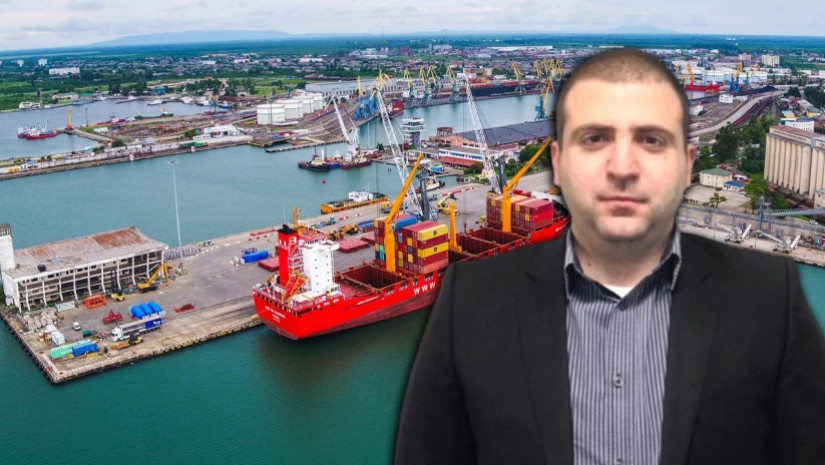According to President of the Association of Freight Forwarders of Georgia Aleksandr Davitidze, due to the increased cargo flow caused by the war in Russia, the Georgian transport infrastructure is faced with the main task to withstand the flow of cargo passing through the Middle Corridor.
"Compared to 2021, cargo turnover through Georgia increased by an average of 20%. Compared to other routes, prices in the Middle Corridor are relatively high but carriers are forced to use it having no other alternative. We have enough time and opportunities to improve infrastructure and quality and cut prices. " By doing so we will be able to save all the shipping that are forced to switch to this route, even after the war ends ," he says.
In his opinion, price regulation is not easy and does not depend on only one structure – only the launch of alternative routes inside the "Middle Corridor" will make it possible to reduce prices.
“Our route is multimodal. Prices can be cut as a result of negotiations and apply to transit through both ports and railways. As soon as there is competition within the route, shipping cost will down,” Alexander Davitidze explains.
He adds that the Middle Corridor will not lose its relevance after the Russian-Ukrainian war ends, as sanctions against the Russian Federation will remain in force.
Touching on the Anaklia port issue, Alexander Davitidze notes that the railway and high-speed autobahn projects are scheduled to be completed in 2024 while the port infrastructure will be built in 1-2 years.
“Both the Poti port and the Anaklia port projects are very crucial for our country, we hope that both the state and the private sector will be actively involved in it,” President of the Association concludes.


















